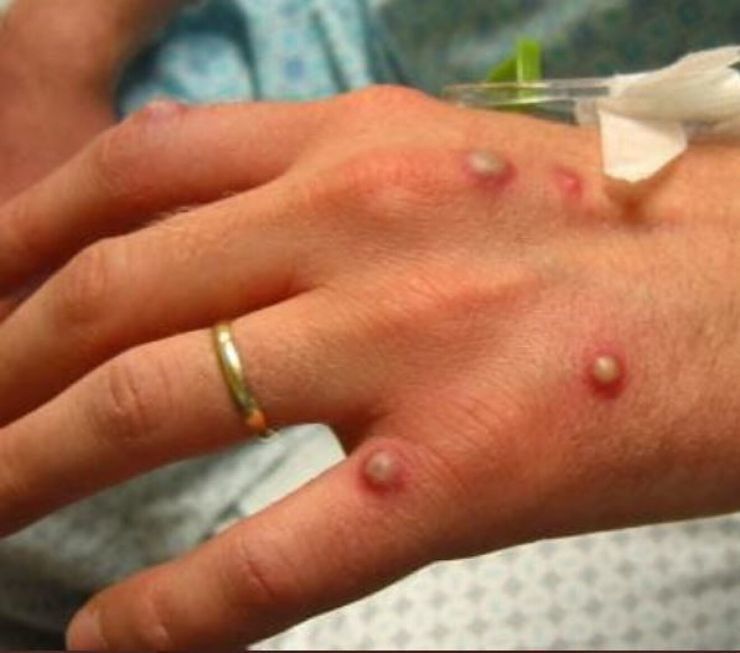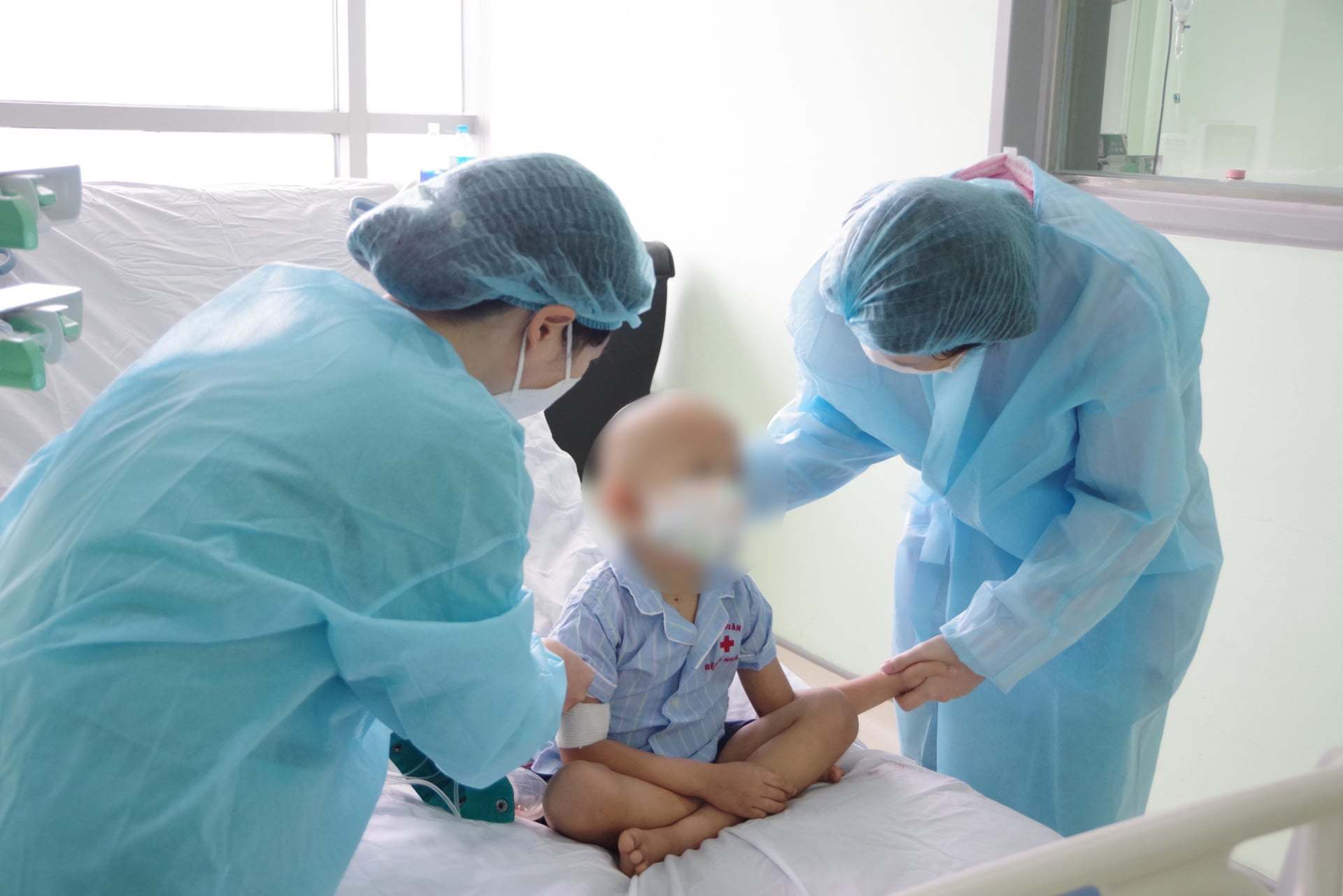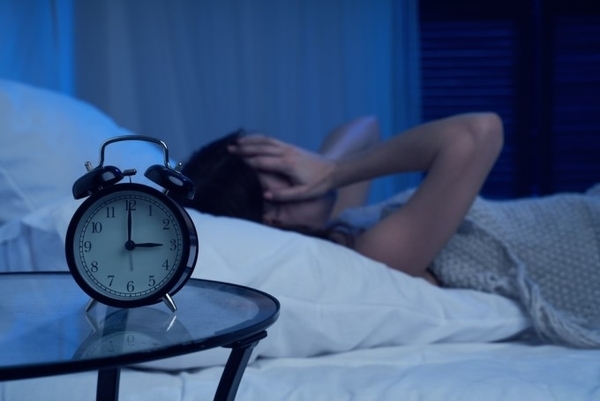Ministry of Health, experts recommend ways to prevent monkeypox
Avoid close contact with people who have smallpox; Avoid direct contact with wounds, body fluids, droplets and contaminated objects and utensils….
This is one of the measures to prevent monkeypox that has just been recommended by the Ministry of Health in the Official Letter drafted by the Department of Preventive Medicine and sent to the Institutes of Hygiene and Epidemiology, Pasteur; Departments of Health of provinces and centrally-run cities to strengthen surveillance and prevention of monkeypox.
The document issued on May 25, 2022 states that, according to the World Health Organization (WHO), during the recent outbreak of monkey disease, from the first case detected in the UK on May 13. 2022, as of May 25, 2022, the world has recorded more than 158 cases of disease, 117 suspected cases in 19 countries and no deaths.
 |
| Vietnam closely monitors monkeypox after it appeared in 12 countries |
The detected cases did not have a history of travel from an endemic area and the countries where the case was reported had no previous endemicity of monkeypox. The confirmed cases are West African monkeypox virus and have similar characteristics to the monkeypox virus transmitted from Nigeria to several countries in 2018, 2019. WHO forecasts smallpox epidemics. Monkeys will continue to increase the number of cases in the near future.
To implement the direction of the Leader of the Ministry of Health in Official Letter No. 2668/BYTDP on strengthening surveillance and prevention of monkeypox in Vietnam and promptly implement measures to prevent and minimize the disease. number of cases and deaths, the Department of Preventive Health recommends:
Departments of Health of provinces and cities focus on directing the following contents:
Strengthen surveillance to detect suspected cases at the border, especially those returning from monkeypox endemic countries (Benin, Cameroon, Central African Republic, Democratic Republic of Congo, Gabon), Ghana, Ivory Coast, Liberia, Nigeria, DR Congo, Sierra Leone and am Sudan).
Health facilities strengthen surveillance to detect suspected, possible cases of monkeypox (as defined by the World Health Organization). When detected, immediately report to the Department of Health to coordinate with the Institute of Hygiene and Epidemiology, Pasteur to diagnose and confirm the case.
Organizing communication and raising awareness for people about monkeypox situation and temporary prevention measures:
+ Avoid close contact with people with smallpox, avoid direct contact with wounds, body fluids, droplets and contaminated objects and utensils.
+ Wash your hands often with soap and sanitizer
normally.
Cover your mouth when coughing and sneezing.
+ People with symptoms of suspected cases should actively contact medical facilities for timely monitoring and advice.
+ People with symptoms of suspected cases should actively self-isolate
separation and avoidance of sex; People who are confirmed to have the disease must be medically isolated
during treatment.
People traveling to countries where monkeypox is endemic should avoid contact with sick mammals such as rodents, marsupials, primates (dead or alive) that may contain the virus. monkeypox, do not eat or come into contact with wild animals, do not eat undercooked meat, or eat infected animal products.
For the Institutes of Hygiene and Epidemiology, Pasteur, the Ministry of Health requires:
Directing, guiding and supporting the locality in tracking, monitoring and handling cases of monkeypox.
Actively coordinate with the World Health Organization (WHO), the US Centers for Disease Control (US CDC), and other international organizations to update information on surveillance, case investigation, Diagnostic techniques and recommendations for supporting biological products for surveillance and diagnosis of monkeypox.
Synthesize, evaluate the situation, propose preventive measures and report to the Department of Preventive Medicine to summarize and report to the Ministry’s leadership according to regulations.
Also related to this disease, Dr. Truong Huu Khanh, advisor to the Department of Neurological Infections, Children’s Hospital 1, Ho Chi Minh City, Standing Vice Chairman of the Ho Chi Minh City Infectious Diseases Association, said that the virus is now smallpox. Monkeys are not yet domesticated with humans, so the spread is still slow, not immediately epidemic.
However, if policy makers and health managers do not take preventive measures, when the monkeypox virus is domesticated with humans, it will spread quickly, it will become a dangerous disease.
According to Dr. Khanh, the monkeypox virus has not yet spread rapidly through the respiratory tract, the most common route of infection is still through gay sex.
There is currently no vaccine against monkeypox, but medical data show that the common smallpox vaccine is also effective against monkeypox. However, this vaccine has been discontinued. The reintroduction of monkeypox vaccination depends on researchers and health authorities around the world.
For the people, Dr. Khanh recommends staying calm, not panicking. Effective prevention measures are limited to epidemic areas, if there are signs of illness, they should be isolated…
According to the World Health Organization, the definition of specific cases of monkeypox is as follows:
1. Suspected case: is a person of any age, living in a country where monkeypox is not endemic, has an acute rash of unknown cause and has had one or more of the following signs and symptoms since March 15, 2022: Headache, fever (> 38.5oC), lymphadenopathy (swollen lymph nodes), muscle pain, back pain, weakness.
2. Possible case: is a suspected case and has one or more factors
Epidemiology: direct contact with infected people; direct physical contact with skin or skin lesions, including sexual intercourse; or contact with contaminated items such as clothing, bedding or utensils of a possible or confirmed case of monkeypox in the 21 days prior to the onset of symptoms; a history of travel to countries where monkeypox is endemic within the 21 days prior to symptom onset; had multiple sex partners in the 21 days before the onset of symptoms; have a positive serological test for orthopoxvirus (in the absence of smallpox vaccination or exposure to other known strains of orthopoxvirus); have the above symptoms to the point of hospitalization.
3. Confirmed case: is a suspected or probable case and Realtime PCR test result is positive for monkeypox virus.
4. Exclusion case: is suspected or probable case but Realtime PCR test result is negative for monkeypox virus. According to WHO recommendations, suspected cases of monkeypox should be investigated and, if diagnosed, isolated until the skin lesions of the infected person are dry, scaly, and completely healed. .
N. Huyen
at Blogtuan.info – Source: infonet.vietnamnet.vn – Read the original article here



